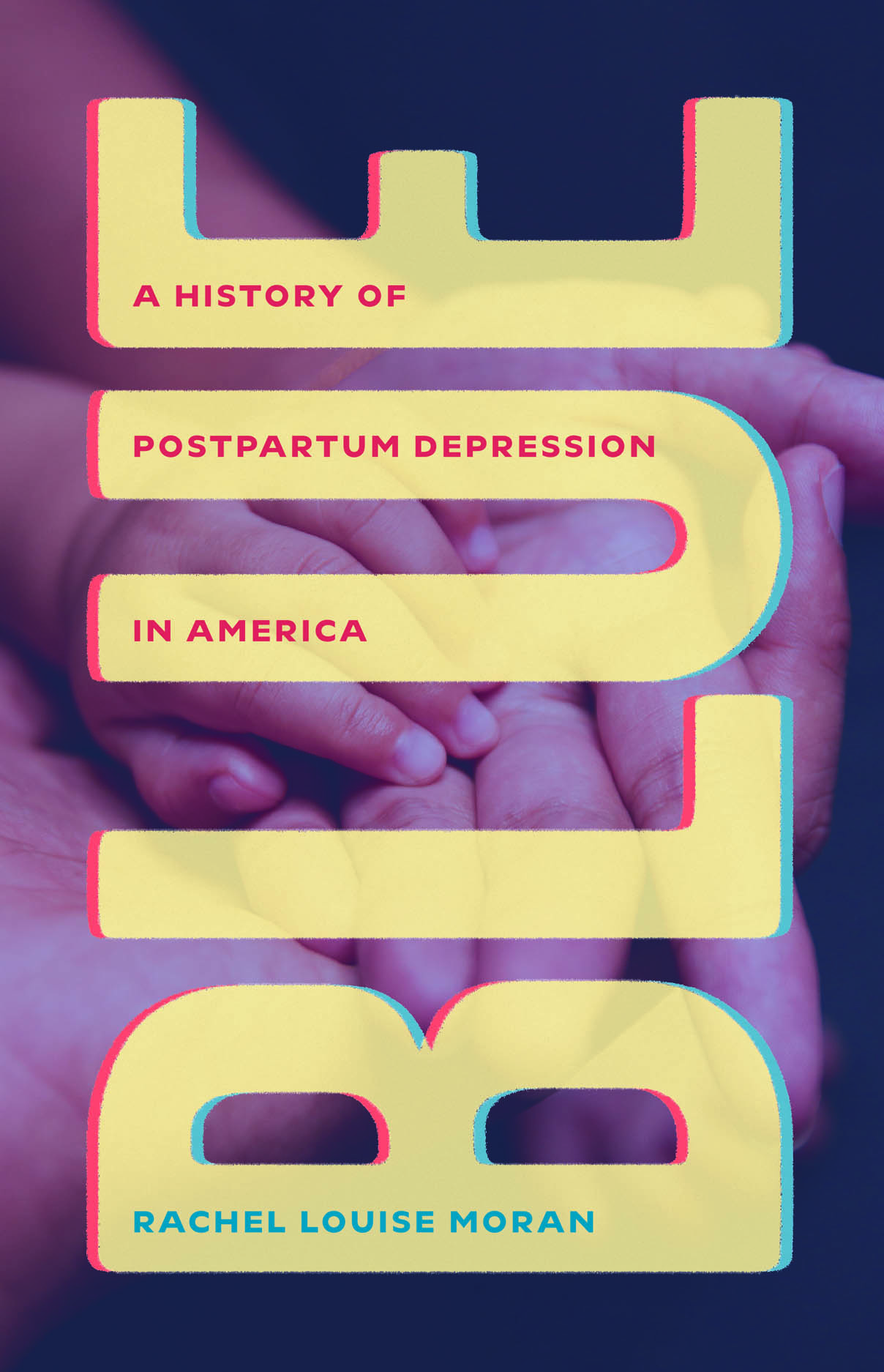Jess McAllen: The historical research seems to show that societal concern about postpartum distress initially was focused on psychosis many centuries ago, which in the mid-twentieth century morphed into the dismissive concept of “baby blues.” Then, in the 1980s, advocates made a very concrete decision to focus specifically on postpartum depression.
Rachel Louise Moran: This is what is so interesting about history, so many things we take as natural are very contingent. It was never a foregone conclusion that postpartum psychosis and postpartum depression would have the same advocacy groups, treatment centers, or the same plans. Some folks absolutely have experienced both, but also many of the symptoms are not overlapping; they are quite different.
It’s more complicated now that we have this whole constellation of perinatal illnesses, which often do have overlapping symptoms. It wasn’t a foregone conclusion that things would fit together, but it ended up making sense. [Postpartum psychosis activists] have made a lot of progress, I should say. I think they are very close to getting postpartum psychosis in the next revision of the DSM. I’m not sure if they’ll have it or not, but the postpartum psychosis people have been fighting a very long time, especially for legal reasons.
Postpartum psychosis was often attention-getting, in the way that advocates could use it strategically when they had to. At the same time, you’re not going to make a mass movement, or reach a mass audience of women with postpartum psychosis, because the numbers are still quite small, and it’s quite rare. Very serious, but very rare. But the numbers of women with postpartum depression, anxiety, and different versions of OCD and PTSD: that’s a lot. So, there’s this tension between the two, but also they end up needing each other in this political context.
JM: I think that tension is part of the wider mental health situation, generally. I wonder if, following that train of thought, it’s now more accepted to have postpartum depression than general depression? Because of the historical advocacy, you might argue that society now sort of sees postpartum depression as this thing that is very important—people are sacrificing themselves and then get depression from this beautiful thing where they’ve created a baby.
RLM: It’s so complicated because context matters so much. There’s lots of conflation around postpartum depression and postpartum psychosis. Postpartum depression, which I continue to use for research, is really the vernacular term we use. It’s the word we all use for each other, but it is also very much the language of the 1980s, 1990s, early 2000s. Sometimes the conflation [of depression] with psychosis means that there’s only certain times that we hear about postpartum mental illness. And one of those times is infanticide, occasionally it’s suicide.
